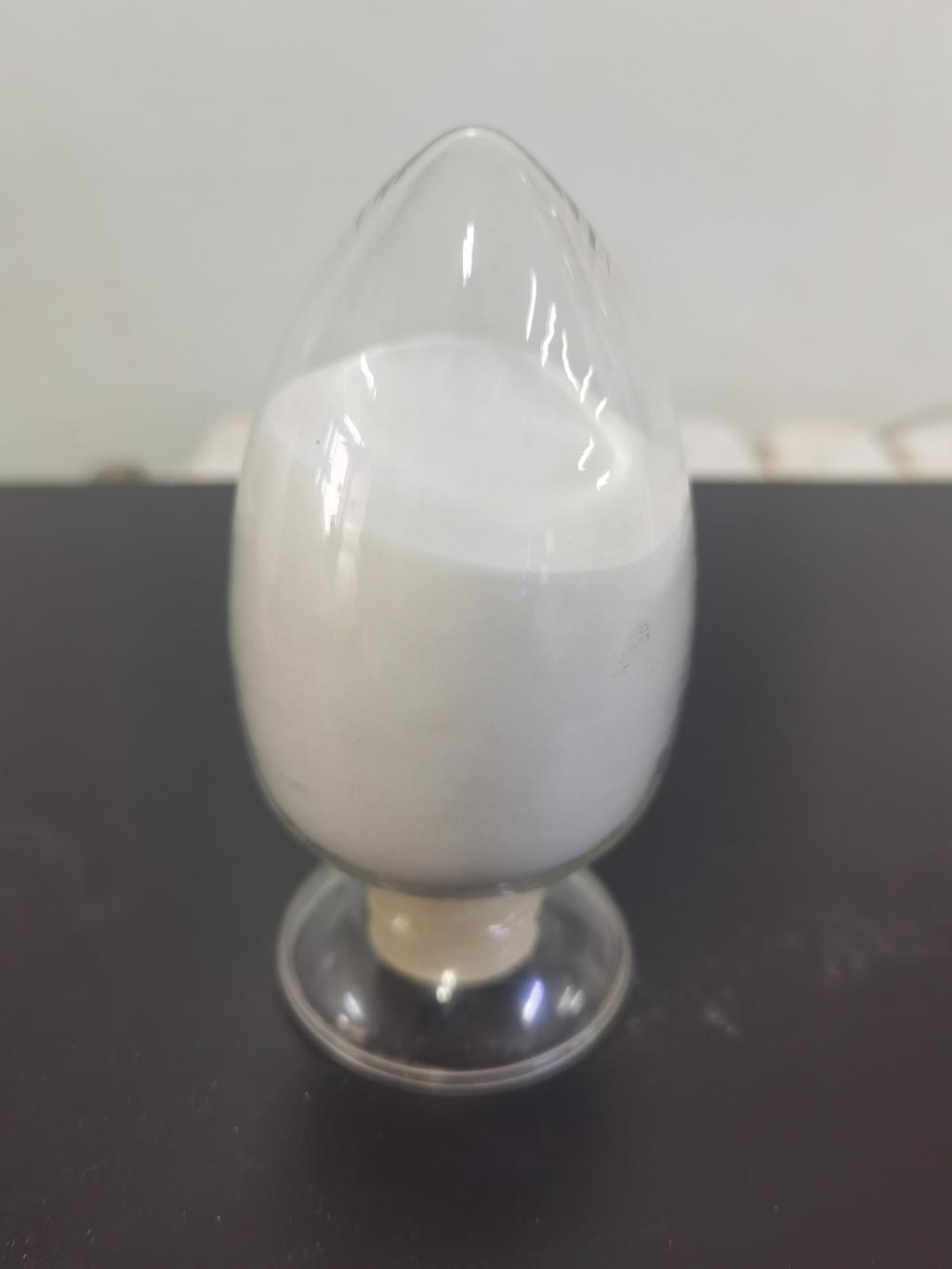Tel:+8618231198596

News
 CONTACT
CONTACT
 CONTACT
CONTACT
- Linkman:Linda Yao
- Tel: +8618231198596
- Email:linda.yao@dcpharma.cn
- Linkman:CHARLES.WANG
- Department:Overseas
- Tel: 0086 0311-85537378 0086 0311-85539701
News
Precision Agriculture for Specialty Crops: ε-Polylysine Hydrochloride's Niche Applications
TIME:2024-03-05
Precision Agriculture: Transforming Crop Management:
Precision agriculture involves the use of technology and data-driven practices to tailor crop management strategies to the specific needs of individual plants or small sections of fields. This approach enables farmers to make informed decisions regarding irrigation, fertilization, pest control, and overall crop health. While traditionally associated with large-scale farming, precision agriculture's principles can be adapted to meet the unique requirements of specialty crops.
Specialty Crops: Challenges and Opportunities:
Specialty crops, including fruits, vegetables, herbs, and ornamental plants, often face unique challenges compared to traditional row crops. These challenges may include diverse soil types, susceptibility to specific pests and diseases, and the need for precise growing conditions to achieve optimal quality. Precision agriculture offers tailored solutions to address these challenges and unlock the full potential of specialty crop production.
ε-Polylysine Hydrochloride: A Natural Antimicrobial for Crop Health:
a. Overview and Origin: ε-Polylysine Hydrochloride is a natural antimicrobial agent derived from the bacterium Streptomyces albulus. Its unique structure, consisting of poly-ε-lysine chains, grants it remarkable antimicrobial properties with applications in various industries, including agriculture.
b. Mode of Action: ε-Polylysine Hydrochloride acts by disrupting the cell membranes of bacteria, fungi, and other microorganisms, effectively inhibiting their growth. This precision-based antimicrobial action makes it a promising solution for enhancing crop health.
c. Stability and Environmental Compatibility: ε-Polylysine Hydrochloride exhibits stability under various environmental conditions, making it suitable for agricultural applications. Additionally, its natural origin aligns with the growing demand for environmentally friendly and sustainable agricultural practices.
Niche Applications of ε-Polylysine Hydrochloride in Precision Agriculture:
a. Disease Management: The antimicrobial properties of ε-Polylysine Hydrochloride can be utilized to manage diseases caused by bacteria, fungi, and other pathogens in specialty crops. Precision application methods, such as targeted sprays or soil drenches, allow for efficient disease control without adversely affecting non-target organisms.
b. Pest Control: Precision agriculture involves accurate identification and targeted management of pests. ε-Polylysine Hydrochloride can play a role in integrated pest management (IPM) by serving as a natural alternative for controlling certain pests without the negative environmental impacts associated with traditional chemical pesticides.
c. Soil Health Enhancement: Maintaining soil health is crucial for specialty crop production. ε-Polylysine Hydrochloride's antimicrobial properties can contribute to the suppression of soilborne pathogens, promoting a healthier soil environment for crop growth.
d. Post-Harvest Preservation: ε-Polylysine Hydrochloride can be applied post-harvest to specialty crops to extend their shelf life by inhibiting the growth of spoilage microorganisms. This precision-based approach helps reduce post-harvest losses and enhances the overall quality of the harvested produce.
Benefits of ε-Polylysine Hydrochloride in Specialty Crop Precision Agriculture:
a. Reduced Environmental Impact: The natural origin and targeted antimicrobial action of ε-Polylysine Hydrochloride contribute to a reduced environmental impact compared to traditional chemical pesticides. This aligns with the principles of sustainable and environmentally friendly agriculture.
b. Preservation of Crop Quality: ε-Polylysine Hydrochloride's ability to inhibit the growth of spoilage microorganisms enhances the overall quality and marketability of specialty crops. This is particularly important for crops with a short shelf life or those susceptible to post-harvest decay.
c. Precision and Resource Optimization: Precision application methods, such as localized sprays or targeted soil treatments, optimize the use of ε-Polylysine Hydrochloride. This precision ensures effective pathogen control while minimizing unnecessary pesticide use and potential harm to non-target organisms.
Challenges and Considerations:
a. Regulatory Approval: The use of ε-Polylysine Hydrochloride in agriculture may require regulatory approval. Collaborative efforts between the agricultural industry, researchers, and regulatory bodies are essential to establish guidelines and standards for its safe and effective use.
b. Cost-Benefit Analysis: The adoption of ε-Polylysine Hydrochloride in precision agriculture should be accompanied by a thorough cost-benefit analysis to assess its economic viability for specialty crop producers.
c. Consumer Awareness: Educating consumers about the use of ε-Polylysine Hydrochloride in specialty crop production is crucial for acceptance. Clear communication can address potential concerns and build confidence in the safety and sustainability of the crops.
Future Implications and Innovations:
a. Continued Research and Development: Ongoing research into the applications and efficacy of ε-Polylysine Hydrochloride in precision agriculture will contribute to expanding its use and addressing specific challenges associated with different specialty crops.
b. Integration with Smart Farming Technologies: The integration of ε-Polylysine Hydrochloride with smart farming technologies, such as sensors, drones, and data analytics, can enhance its precision application and overall effectiveness in managing specialty crops.
c. Collaboration for Industry Advancement: Collaborative efforts between the agricultural industry, research institutions, and technology providers will play a vital role in advancing the niche applications of ε-Polylysine Hydrochloride in precision agriculture for specialty crops.
Conclusion:
ε-Polylysine Hydrochloride emerges as a precision-based solution with niche applications in the realm of specialty crop precision agriculture. Its natural origin, targeted antimicrobial action, and environmental compatibility position it as a promising tool for disease and pest management, soil health enhancement, and post-harvest preservation. As the agricultural industry continues to embrace precision farming practices, ε-Polylysine Hydrochloride offers a sustainable and effective solution to address the unique challenges associated with cultivating specialty crops. Collaborative research, regulatory support, and industry awareness will contribute to unlocking the full potential of ε-Polylysine Hydrochloride in advancing precision agriculture for specialty crops.
- Tel:+8618231198596
- Whatsapp:18231198596
- Chat With Skype







